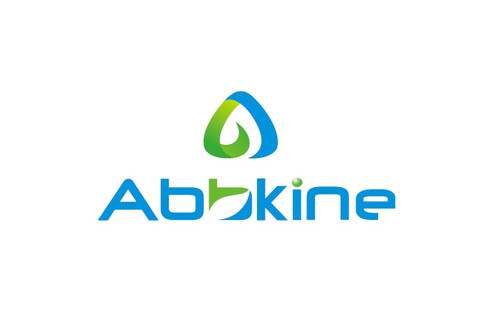Product Description
Human Serine protease 33 (PRSS33) ELISA Kit | AE25608HU | Abebio
Species Reactivity: Human (Homo sapiens)
Abbreviation: PRSS33
Alternative Name: EOS; serine protease EOS
Application: ELISA
Range: Request Information
Sensitivity: Request Information
Intra-Assay: ≤6.9%
Inter-Assay: ≤9.1%
Recovery: 1, 05
Sample Type: Serum, Plasma, Other biological fluids
Detection Method: Sandwich
Analysis Method : Quantitive
Test Principale: This assay employs a two-site sandwich ELISA to quantitate PRSS33 in samples. An antibody specific for PRSS33 has been pre-coated onto a microplate. Standards and samples are pipetted into the wells and anyPRSS33 present is bound by the immobilized antibody. After removing any unbound substances, a biotin-conjugated antibody specific for PRSS33 is added to the wells. After washing, Streptavidin conjugated Horseradish Peroxidase (HRP) is added to the wells. Following a wash to remove any unbound avidin-enzyme reagent, a substrate solution is added to the wells and color develops in proportion to the amount of PRSS33 bound in the initial step. The color development is stopped and the intensity of the color is measured.
Product Overview: EOS contains 284 amino acids with an active form containing 248 amino acids starting from an Ile-Val-Gly-Gly motif. The active form comprises a catalytic triad of conserved amino acids: His77, Asp126 and Ser231. It shares 44% identity with beta-tryptase and belongs to the S1 trypsin-like serine-protease family. Interestingly, this gene also maps to human chromosome 16p13.3. Tissue distribution by immunohistochemistry analysis demonstrated that EOS is highly expressed in spleen and moderately expressed in intestine, colon, lung and brain. Since macrophages have important roles in various pathological conditions, such as wound healing, atherosclerosis and numerous inflammatory diseases, the localization of this novel serine protease to active macrophages may help to further the elucidation of the roles of this gene product in modulating these disorders.
Stability: The stability of ELISA kit is determined by the loss rate of activity. The loss rate of this kit is less than 5% within the expiration date under appropriate storage condition. The loss rate was determined by accelerated thermal degradation test. Keep the kit at 37°C for 4 and 7 days, and compare O.D.values of the kit kept at 37°C with that of at recommended temperature. (referring from China Biological Products Standard, which was calculated by the Arrhenius equation. For ELISA kit, 4 days storage at 37°C can be considered as 6 months at 2 - 8°C, which means 7 days at 37°C equaling 12 months at 2 - 8°C) .
 Euro
Euro
 USD
USD
 British Pound
British Pound
 NULL
NULL








